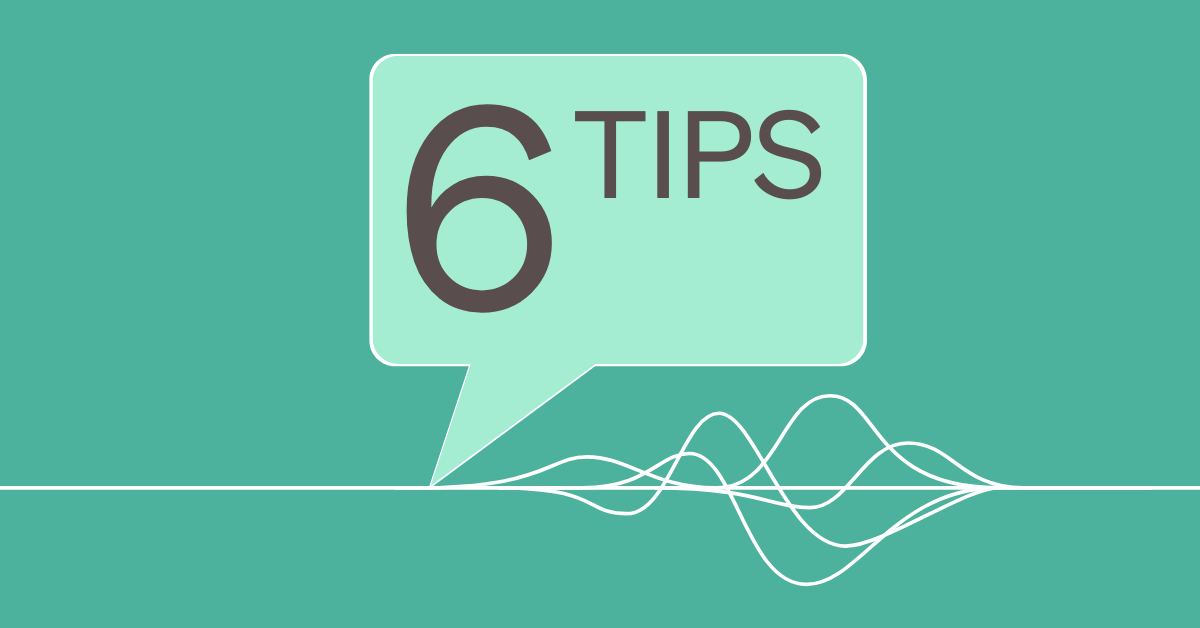Sign up online – launch your reporting channel fast. Get started →
Sign up online – launch your reporting channel fast. Get started →

Speaking up as a whistleblower can be both brave and challenging. Exposing wrongdoing is an essential part of building ethical, transparent organizations—but the process can feel intimidating. Fear of retaliation, career impact, or legal uncertainty often makes it difficult to come forward.
This article offers practical, U.S.-specific tips to help whistleblowers understand their rights, report safely, and protect themselves throughout the process.
Before taking any action, make sure you understand your legal protections as a whistleblower. In the United States, several federal and state laws protect individuals who report misconduct, fraud, or safety violations.
Key federal laws include:
These protections vary by industry, employer type, and location, so it’s important to review the laws that apply to your specific situation—or consult a whistleblower attorney for tailored guidance.
Most organizations in the U.S. have an internal whistleblowing policy or ethics hotline. Review your company’s policy before reporting to understand the available reporting methods, the types of issues covered, and whether you can remain anonymous.
If you suspect that internal reporting could lead to retaliation or that the company may not handle your concern fairly, you may consider external reporting—for instance, to:
Choosing the right channel helps ensure your concern is taken seriously and that your rights are protected from the start.
Your responsibility as a whistleblower is to report, not investigate. When preparing your report:
Clear, well-documented reports help investigators act quickly and protect your credibility if your case proceeds further.
In the U.S., you often have the choice to remain anonymous or confidential when submitting a report.
A secure digital whistleblowing platform, like Whistlelink, allows you to communicate safely and anonymously with case handlers, using encryption to ensure privacy while enabling follow-up questions.
Before submitting your report, review your organization’s policy or the agency’s website to confirm how anonymity is handled.
If your internal report isn’t taken seriously—or if you experience retaliation—you may need to escalate your concern externally. Federal and state laws prohibit retaliation, but it can still occur.
You can escalate by reporting to an external agency such as:
Document every step of your communication and any adverse treatment you experience. This evidence can be critical if you later need to file a retaliation claim.
You don’t have to go through the whistleblowing process alone. Several trusted organizations in the U.S. offer legal advice, emotional support, and guidance for whistleblowers, including:
If you’re uncertain about your options, consider consulting a lawyer who specializes in whistleblower protection. Many offer confidential consultations and can help you understand the safest path forward.
Whistleblowing takes courage—and it plays a crucial role in holding organizations accountable. By understanding your rights, using the right reporting channels, and seeking support when needed, you can protect yourself while contributing to a more ethical, transparent workplace.
Ready to strengthen your company’s whistleblowing process?
Book a free demo with Whistlelink to discover how a secure, anonymous reporting platform can help your organization handle reports safely and responsibly.
Whistlelink values your privacy. We will only contact you about our solutions.


Request a quick demo and see how it works in your organization
You can unsubscribe at any time. Learn more about how we process your data in our Privacy Policy.
Nice to meet you!

HAPPY TO MEET YOU!
Whistlelink values your privacy. We will only contact you about our solutions.
You may unsubscribe at any time. For more info, please review our Privacy Policy

Whistlelink values your privacy. We will only contact you about our solutions.
